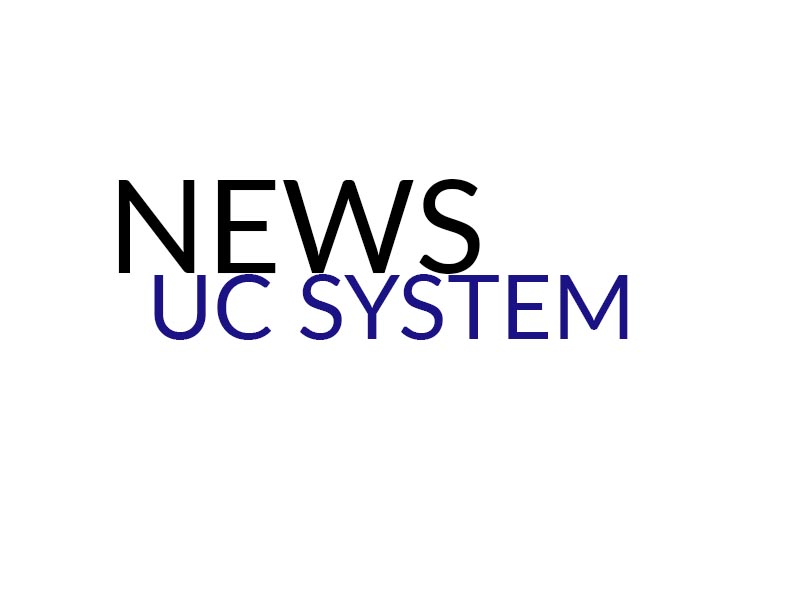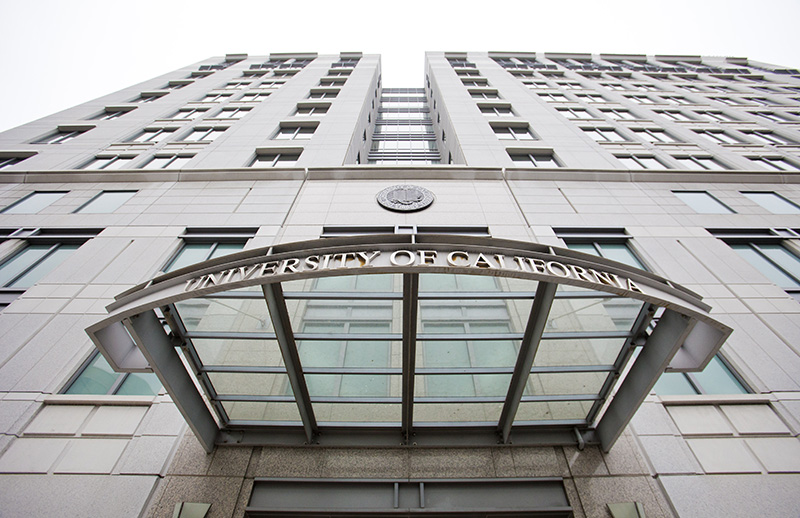California State Senate Democrats proposed a bill on Dec. 2 that would end a new scholarship for middle-class students in the state’s public universities and to also enact a tuition hike on out-of-state students.. In exchange, the bill would keep in-state tuition rates flat for five years and would accept more California residents into the UC system, adding to financial aid and college counseling.
According to a Dec. 3 SF Gate report, the bill, titled SB15, would cost between $342 million to $434 million per year through 2018.
The elimination of the middle-class scholarship program, which pays up to 40 percent of tuition for undergraduates whose families earn between $80,000 to $150,000 per year, would contribute about $102 million to $285 million towards tuition costs.
This year, only about 73,000 students received the middle-class scholarships, averaging less than $1,000 per student, and it is estimated that about half the money available for the program will not be used this year because many students did not know about it, as stated in the SF Gate Report.
In order to maintain current resident tuition rates, SB15 would also increase tuition for out-of-state students by 17 percent, or $4,000 per year, to help pay for the bill. The state would contribute an additional $66 million to $156 million a year to cover the rest.
Another component of the bill provides financial incentives for low-income students at the UC and California State University systems to graduate in four years. Each eligible student would receive $1,000 to $2,000 a year for completing enough units to fully advance to the next year, stated the SF Gate Report. SB15 would also increase enrollment by 5,000 in-state residents into the UC system and 10,500 in the CSU system.
Furthermore, the CSU system estimates that, due to SB15, at least 70,000 middle-class students will be eligible for other financial aid, while the University of California estimates 23,000 students will be eligible.
Though it may be several weeks or months before the UC administration takes a stance on the bill, UC President Janet Napolitano is pleased to see movement on the issue of tuition hikes.
“I welcome and applaud the Senate Democrats’ interest in maintaining the excellence, access and affordability of California’s system of public higher education,” Napolitano said in a press release on Dec. 2. “The bill introduced today is a promising first step toward making sure that public higher education benefits Californians today and for generations to come.”
However, University of California Student Association University Affairs Chair Allyson Osorio and UCSD student believes that SB15 does not address the root of the problem.
“With three plans from elected officials now released to combat the UC’s actions, all of which [calling] for wildly different courses of actions, it is clear that the state is lacking leadership on a truly comprehensive plan to fix the institutional problems,” Osorio told the UCSD Guardian.
She emphasized that the UCSA advocates for all UC students, regardless of in- or out-of-state status.
Gov. Jerry Brown has been reluctant to give more than a 4-percent funding increase to each of the universities — especially UC’s — because the Board of Regents approved a tuition increase over his objection. In the SF Gate article, Brown also urged the colleges to cut more administrative fat, to rely more on online courses that could potentially save money and to live within their means., as stated in the SF Gate report.







